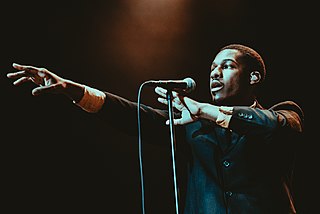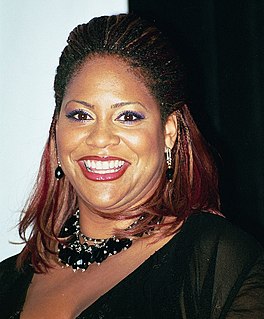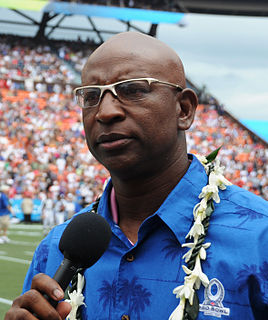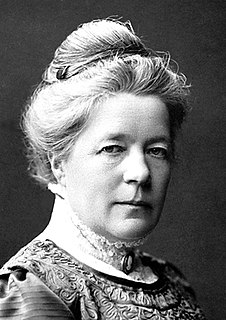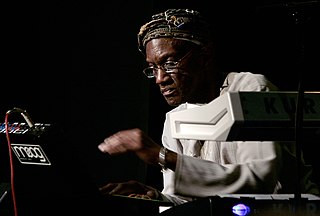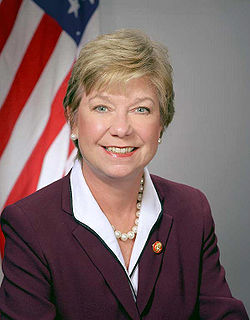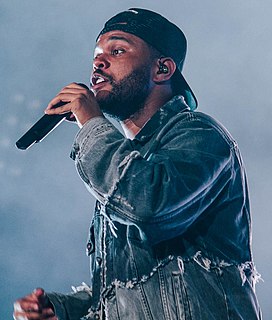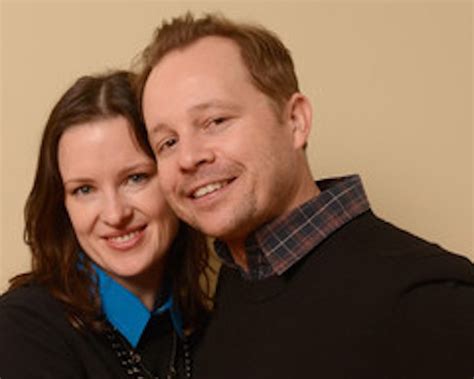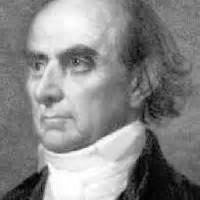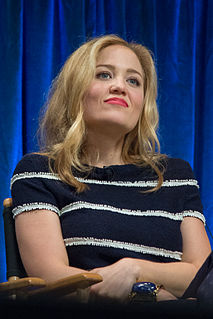A Quote by Leon Bridges
My mother and my great-aunt told me stories, like how when my grandfather first met my grandmother at a party, he noticed her long legs and was like, 'Woo woo!' I like to incorporate those stories into my music. They just seem to fit.
Related Quotes
If you say, "Woo, woo, woo!" to me, I'll say it back. I love it. "Woo, woo, woo" is something that my character used to say. It's something that my mother used to say to my brother and me when we were kids. When words would fail her, she'd just go, "Oh, woo, woo, woo." It's compassion. It's a combination of "I see you, I feel you, I acknowledge you, I got your back."
Everything necessary to understand my grandfather lies between two stories: the story of the tiger’s wife, and the story of the deathless man. These stories run like secret rivers through all the other stories of his life – of my grandfather’s days in the army; his great love for my grandmother; the years he spent as a surgeon and a tyrant of the University. One, which I learned after his death, is the story of how my grandfather became a man; the other, which he told to me, is of how he became a child again.
I was raised by my great-great aunt. I was adopted within our family. My mother had me when she was, I think, 15, 16. They tried to get her to have an abortion and she refused. So, my 'mama' adopted me, which was really her great aunt, which was really my great-great aunt, who was named Viola Dickerson. I was told that my mother was my sister.
My great grandfather used to say to his wife, my great-grandmother, who in turn told her daughter, my grandmother, who repeated it to her daughter, my mother, who used to remind her daughter, my own sister, that to talk well and eloquently was a very great art, but that an equally great one was to know the right moment to stop.
Have you ever seen a child sitting on its mother’s knee listening to fairy stories? As long as the child is told of cruel giants and of the terrible suffering of beautiful princesses, it holds its head up and its eyes open; but if the mother begins to speak of happiness and sunshine, the little one closes its eyes and falls asleep with its head against her breast. . . . I am a child like that, too. Others may like stories of flowers and sunshine; but I choose the dark nights and sad destinies.
In his writings, Patton was shameless about his ambition to woo Lena to be his bride. He detailed the gradual progress he made, playing music for her on his violin, writing her poems, beguiling her with stories, engaging her in conversation. It was clear that he obsessed over her. He knew what he wanted and never relented until she was his.
Growing up, I thought my grandfather was dead. Later, I learned he was alive, but my family pretended he didn't exist because of the terrible way he'd abused my grandmother and my mother. He did things like shave my grandmother's head and lock her in a closet. With my mother's help, my grandmother finally left him.
When you're traveling constantly, every day you become inspired, and it shows in my work, sonically, lyrically, visually. Conversations with women with different accents and stories told in those accents. I like to create characters based on different people I've met, and relationships. I like to tell stories loosely based on real-life events.
Through my grandmother's stories always life moved, moved heroically toward an end. Nobody ever cried in my grandmother's stories. They worked, or schemed, or fought. But no crying. When my grandmother died, I didn't cry, either. Something about my grandmother's stories (without her ever having said so) taught me the uselessness of crying about anything."
